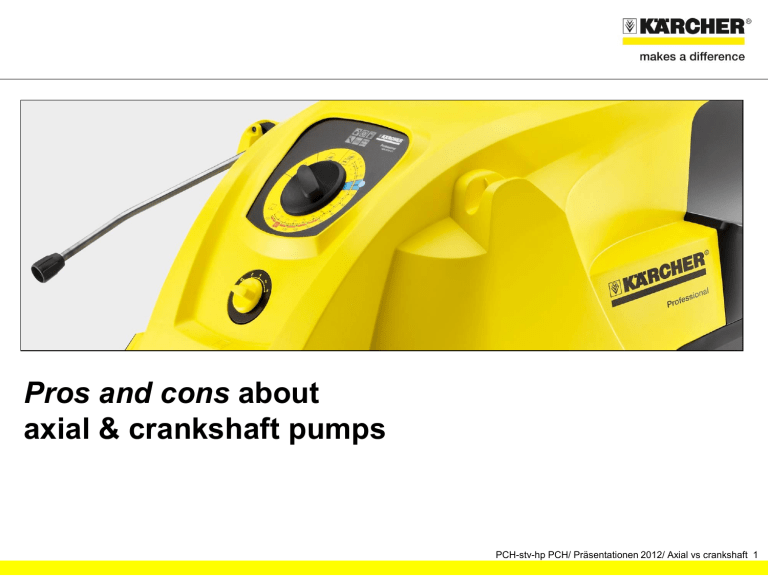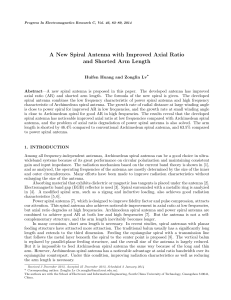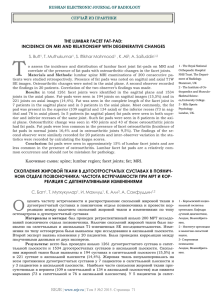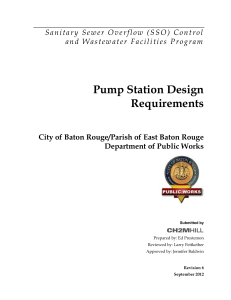
Pros and cons about axial & crankshaft pumps PCH-stv-hp PCH/ Präsentationen 2012/ Axial vs crankshaft 1 Today there are a lot of controversial discussed pros and cons about axial vs crankshaft pumps in the market The following overview should give you a neutral prospect in this object. PCH-stv-hp PCH/ Präsentationen 2012/ Axial vs crankshaft 2 Claim: Crankshaft pumps have a much higher efficiency than axial pumps. (in some cases up to 10%) Fact: Mainly all standard crankshaft pumps have a slightly higher efficiency of 1-2 % in comparison to axial pumps. Reason for this is higher friction force between pistons, springs, swash plate on a axial pump. PCH-stv-hp PCH/ Präsentationen 2012/ Axial vs crankshaft 3 Claim: Crankshaft pumps have lower vibrations (often compared with V8 motor). Fact: The vibrations on the pump itself is exactly the same. Main influence on the overall vibrations has the electrical motor. Info: Pumps with a pair number of pistons creating a higher pulsation, and therefore more vibrations. PCH-stv-hp PCH/ Präsentationen 2012/ Axial vs crankshaft 4 Claim: The noise level on crankshaft pumps is lower. Fact: Both types of pumps reach similar noise levels. Noise level on a water-cooled motor is generally lower. Info: Main influencing factor has the electrical motor. 4-pole versions (app. 1400 rpm) have a 5-7 % lower noise level. PCH-stv-hp PCH/ Präsentationen 2012/ Axial vs crankshaft 5 Claim: Crankshaft pumps are easier for service/ maintenance. Fact: Mostly axial pumps use less parts than crankshaft pumps. BUT The principle of a plunger pump (similar to engine) is well-know and common worldwide. Info: Please consider that crankshaft pumps mainly use taper roller bearings Tolerance has to be adjusted. Axial pumps adjusted itself automatically. - Pump disassembly from the shaft could be sometimes difficult. - Change of pistons more complex disassembly from con-rod. PCH-stv-hp PCH/ Präsentationen 2012/ Axial vs crankshaft 6 Claim: Crankshaft pumps are more compact than axial pumps Fact: Up to water flow rates of appr. 1500 l/h axial pumps could be engineered smaller, more compact and lighter. For higher flow rates this advantage turns towards crankshaft pumps. Select the most cost-effective typ for different models. PCH-stv-hp PCH/ Präsentationen 2012/ Axial vs crankshaft 7 Claim: Crankshaft pumps have a lower strain on the pistons (transmission via con-rod). Fact: Depending on the load the contact surface has to be adjusted on both pump types. Low strain = direct contact between piston + swash plate Higher strain = additional piston shoes PCH-stv-hp PCH/ Präsentationen 2012/ Axial vs crankshaft 8 Claim: Max. water supply temperature on axial pumps is 30° C. Fact: - On water-cooled motors max. temperature is 60° C. - On air-cooled motors max. temperature is 85° C (-H versions). Info: The most critical components by using hot water are the sealings not the motor. Does it make sence to supply a HDS with hot water? PCH-stv-hp PCH/ Präsentationen 2012/ Axial vs crankshaft 9 Claim: A crankshaft pump has a higher wear resistance than axial pumps. Fact: The wear resistance is influenced by the quality level of every single component. A crankshaft pump includes more parts than a axial pump. Axial: swash plate, piston, spring. Crankshaft: crankshaft, con-rod (2 parts) pistons (2 parts). PCH-stv-hp PCH/ Präsentationen 2012/ Axial vs crankshaft 10




![Vacuum physics-FUNDAMENTALSOF VACUUMTECHNOLOGY (Dr.Walter Umarth)(1998)[P200]](http://s1.studylib.ru/store/data/006381371_1-2c0e9103b19dcd474a8c329b5afe8371-300x300.png)

